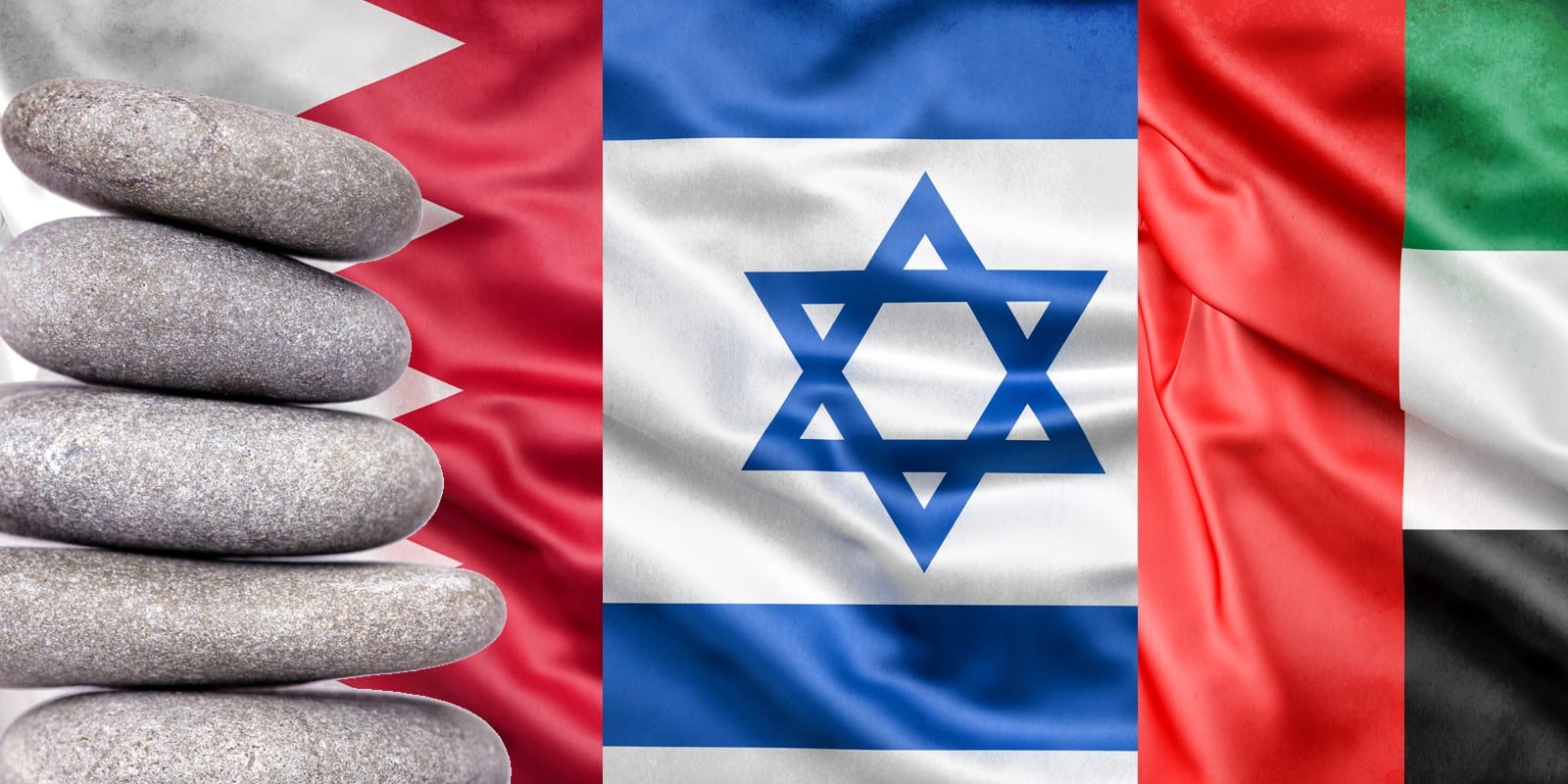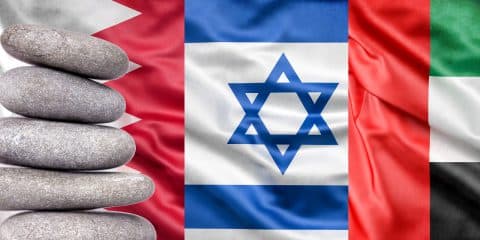ישראל הפכה כבר בראשית העשור הקודם לחלק בלתי נפרד ממה שניתן לכנות “מחנה היציבות” באזורנו.
מעמד החתימה של הסכמי השלום בין ישראל לבין מדינת האמירויות הערביות המאוחדת וממלכת בחריין הוא נקודת ציון היסטורית. אך הוא מסמן השלמה של מהלך קיים (בדומה לשלום עם ירדן ב־1994) ולא מהפך דרמטי דוגמת ביקור סאדאת ב־1977.
ישראל הפכה כבר בראשית העשור הקודם לחלק בלתי נפרד ממה שניתן לכנות “מחנה היציבות” באזורנו, הכולל את רוב מדינות המפרץ; מצרים; ירדן; מרוקו; חלקה המזרחי של לוב; ואפילו את הרשות הפלשתינית ברמאללה.
מחנה זה ניצב למול שלושה מחנות: האחד, המחנה של איראן השיעית – הכולל את גרורותיה בלבנון (חיזבאללה) ותימן (המורדים החות’ים), את אסד בסוריה, ואת רוב מיליציות “הגיוס העממי” בעיראק. השני הוא המחנה של טורקיה שקטאר שותפה למהלכיו ולשאיפותיו, והוא תומך בכוחות המזוהים עם האחים המוסלמים. השלישי, הוא מחנה הג’יהאדיסטים הסלפים, דוגמת דאעש ואל־קאעידה.
העמידה המשותפת מול איראן ושאיפותיה המהפכניות יצרה חיבור בין ישראל לבין סעודיה ושכנותיה כבר לפני עשור ויותר. בקדנציה השנייה של ממשל אובאמה התהדקה תחושת השותפות ביתר שאת משום שבדומה למדינות המפרץ, ישראל ראתה בדאגה את ההסדר שהתרקם עם טהרן בנושא הגרעיני. מדינות אלה למדו להעריך את ישראל, הן בשל עמדתה הפומבית והן בשל פעולותיה הרצופות כנגד ההיאחזות האיראנית בסוריה.
באחרונה, נוסף לכך גם האתגר הטורקי. האמירויות, ובמידה רבה גם בחריין, רואות בדאגה את התגברות השפעתם של האחים המוסלמים, ובמסגרת זו, את פעילותן של טורקיה וקטאר באזור. במהלך השנה האחרונה, נוכח העימות בין טורקיה לבין מצרים ויוון על התווית “המים הכלכליים” במזרח הים התיכון: ישראל ניצבת כתף אל כתף עם מצרים, ועם ידידותיה במפרץ. (סיסי בירך על פריצת הדרך!). “משחק המחנות” נמשך בכל עוזו: אך בזכות הטקס בבית הלבן, שורותיו של מחנה היציבות מתהדקות ומתחזקות.
פורסם ב-ישראל היום 15.09.2020
סדרת הפרסומים “ניירות עמדה” מטעם המכון מתפרסמת הודות לנדיבותה של משפחת גרג רוסהנדלר
תמונה: Bigstock






 - בניית אתרים
- בניית אתרים